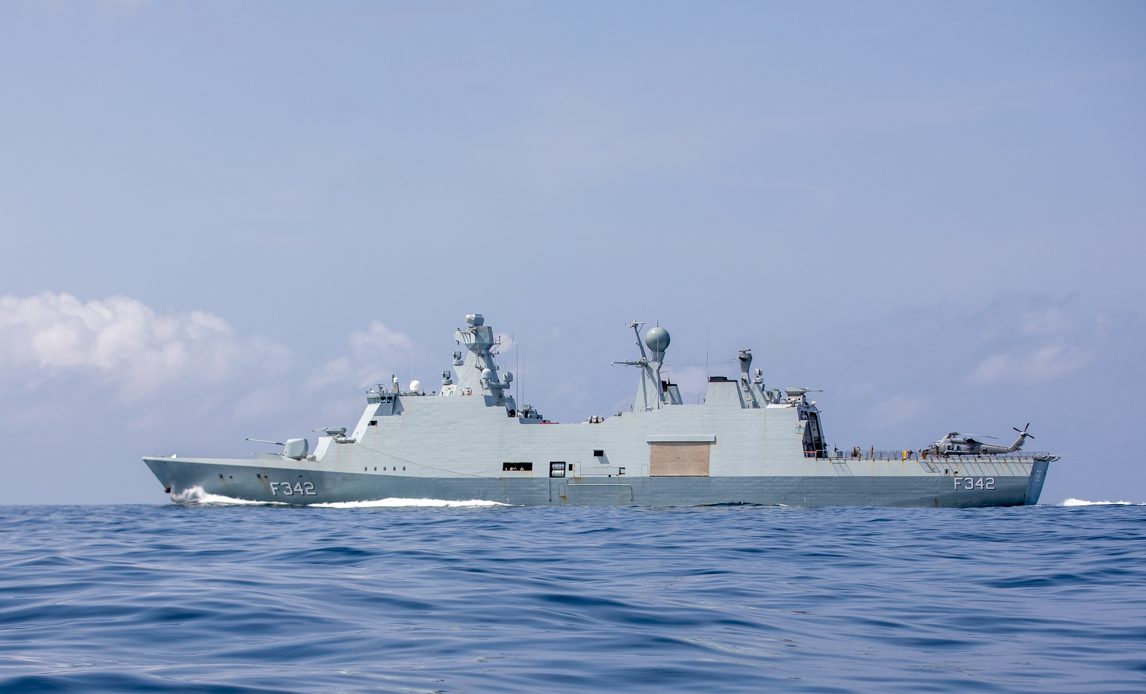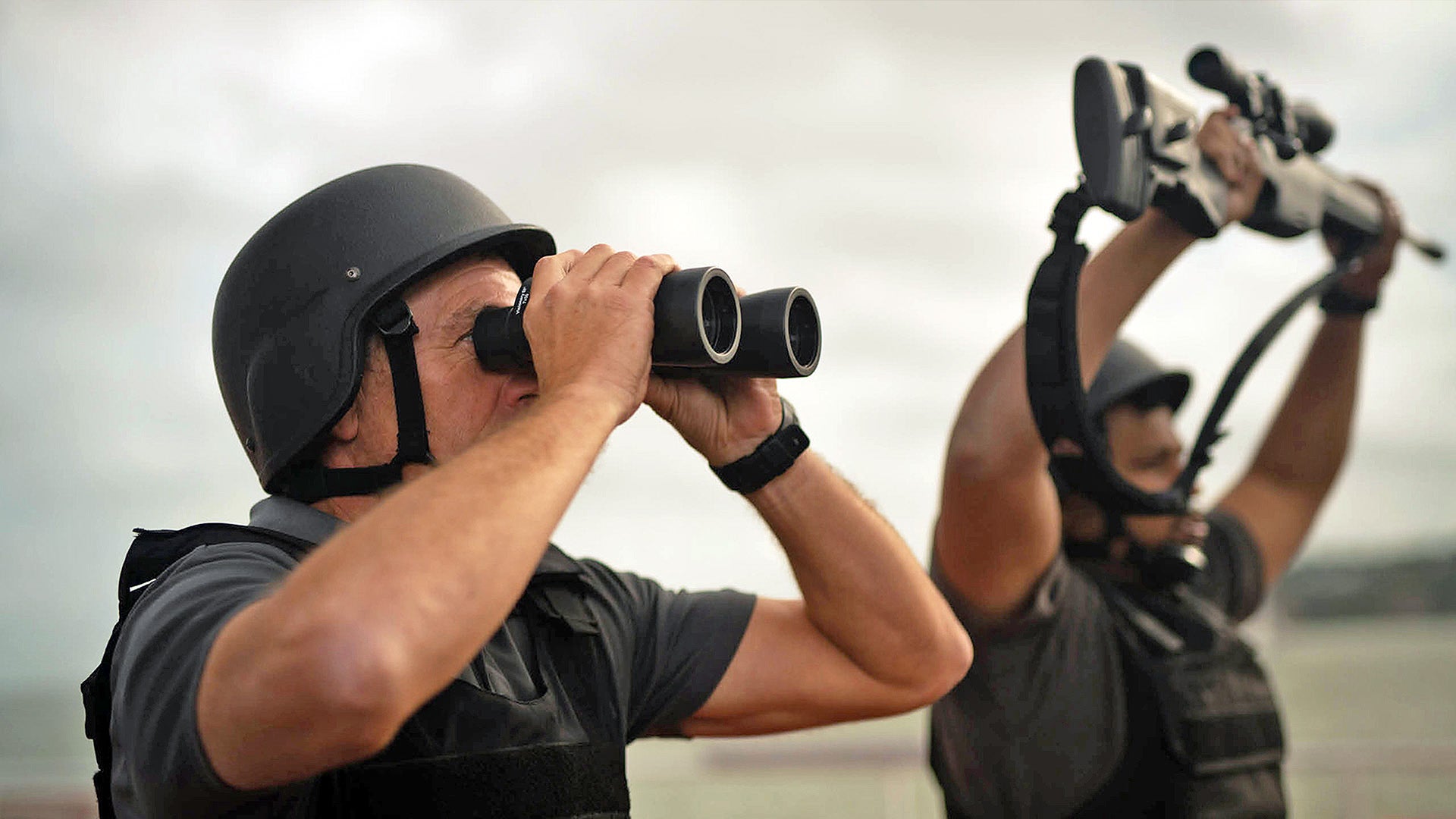I'm certainly not familiar with maritime law but I have to believe that becoming an armed merchant ship under the control of no state has to have implications. This doesn't even consider factors such as training, authority (they're still a 'fishing vessel' until they aren't) and handling storage at port (if you would even be allowed into some ports). Admittedly, the latest Houthi tactics are at a new level. Can't they water cannon a helicopter into sea?
Water cannon possible but very very difficult. Definitely with standard maritime fire suppression gear. And with your crew unprotected against armed helicopters/commandos.
You only need to worry about ports if you enter their waters. On the high sea you are subject to the laws of the state the ship is flagged in. The existing ship defense contractor in the linked WarZone article follow UK law. As long as the teams mothership is legal in it's home port you are fine.
"Q-ships" are something else again, but are generally at least maritime militia if not Naval vessles. Read up on the convoy protection strategies used for Lend-Lease ships heading to Murmansk in WW2. Civilian ships with embarked naval gun crews and 4" or better guns on attached deck mounts. The story of convoy PQ17 is unforgettable.

There is even a classification for these ships, "DEMS" (Defense Equipped Merchant Ships) and not all of them were flagged to countries at war at the time. I suspect there is Maritime Law specific to them on the books. What is old is new again within war zones.
The story begins in October 1939, when Germany and the Soviet Union began diplomatic maneuvering. The action accelerates with Winston Churchill's decision in 19…

www.ospreypublishing.com

cimsec.org
"Embarking military detachments to operate defensive and offensive weapons might be another acceptable alternative. Over the past few decades, the combat logistics force has transitioned from USS ships, to USNS ships embarking military detachments (MILDETS) run by a junior surface warfare officer, and now to primarily USNS ships with no MILDETS. When embarked, MILDETS mostly handled command and control (C2) functions. Many of these roles have been absorbed by CIVMARS, but others, like operating self-defense weapons, are still supported by embarked Navy security teams.
It’s possible that arming a CLF ship and operating its weapons systems with a MILDET, without reclassifying it as USS could put a ship’s status as naval auxiliary in jeopardy during hostilities. However, like merchant shipping that was targeted during the World Wars, that becomes largely an irrelevant academic argument once ordnance starts flying and logistics ships become primary targets themselves."
Published in 2016. The deliberate targeting of civilian vessels by militaries is now happening - not only by Russia in the Black Sea.

The Houti are an organised military force, unlike the Somali pirates.







